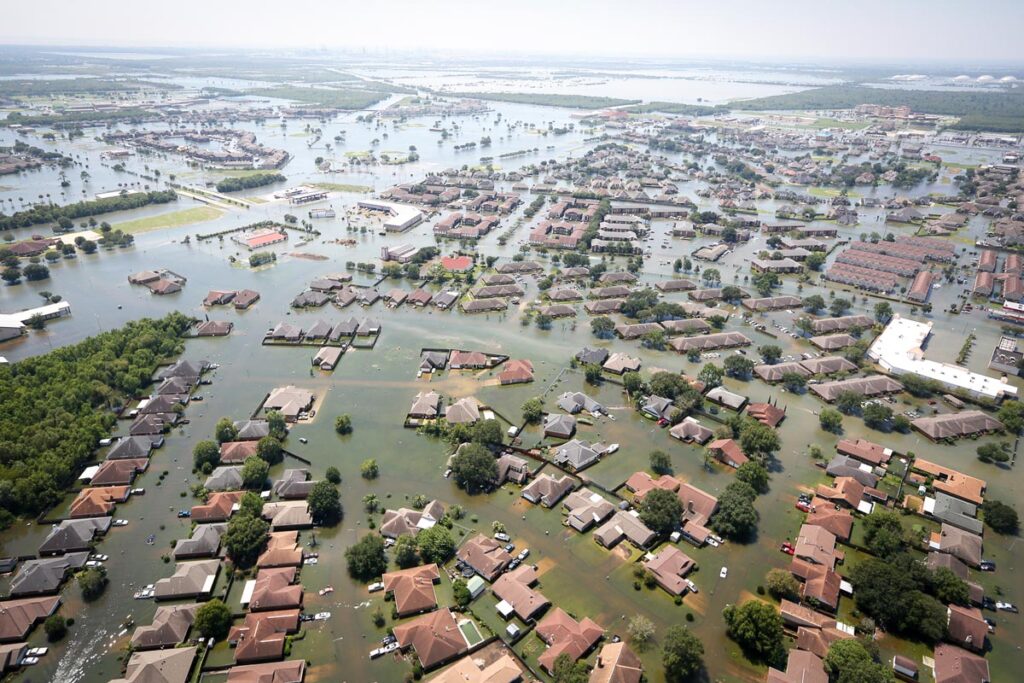
California Wildfires: Where Is the Climate Change Outrage? Bruce Melton First published at Truthout.org November 17, 2018 Unprecedented droughts, fires and floods are not the “new normal”: Climate change gets nonlinearly worse from here on out. Like an avalanche, the physics of warming determines that a little more warming doesn’t create a…



















